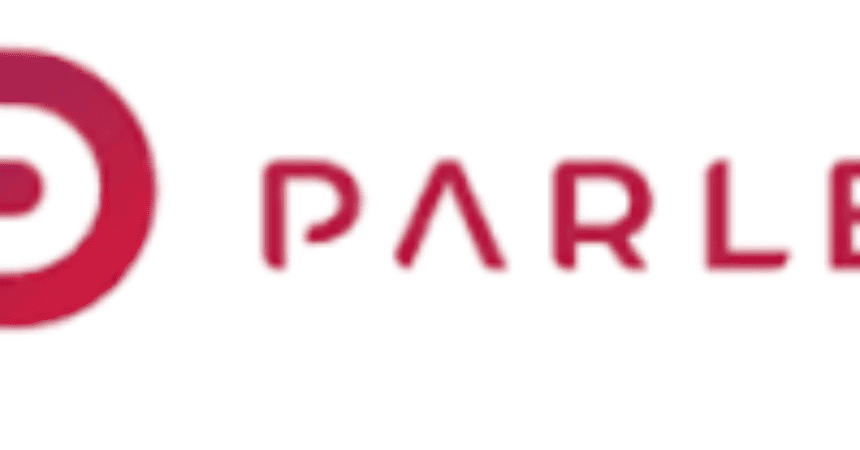Parler emerged as a unique player, positioning itself as a bastion of free speech and an alternative to mainstream social media giants. However, Parler’s journey has been marred by controversy and faced scrutiny from critics.
The Rise of Parler
Parler was founded in 2018 by John Matze and Jared Thomson, aiming to provide a platform that would prioritize free speech and minimize content moderation. It gained traction as an alternative space for conservative and right-leaning voices, who believed that mainstream platforms suppressed their viewpoints. Parler’s early appeal was fueled by its promise of an uncensored and unrestricted social media experience.
Features and Functionality
Parler’s user interface bears a resemblance to Twitter, with posts called “parleys” instead of tweets. The app allows users to follow accounts, engage in discussions, and share content ranging from text to images and videos. Parler’s design philosophy revolves around minimal content moderation. It purportedly allows users to express their opinions freely without fear of being silenced or banned.
Controversies and Challenges
Parler faced significant challenges and controversies, particularly in early 2021. Following the storming of the United States Capitol on January 6th, concerns about the presence of extremist and violent content on Parler prompted several prominent tech companies to suspend its services. Amazon Web Services, Apple, and Google Play Store; they all removed Parler from their platforms, effectively making it inaccessible for some time.
The removal of Parler raised debates about the boundaries of free speech, the role of platforms in content moderation, and the responsibility of social media companies to combat misinformation and incitement to violence. Critics argued that Parler had become a hotbed for extremist groups. While supporters claimed that the platform provided an essential space for marginalized perspectives.
Relaunch and New Policies of Parler
To regain access to its user base, Parler implemented stricter moderation policies upon its return. The platform introduced AI-based algorithms, community guidelines, and a system for user reporting. This is to identify and remove posts that violated their terms of service. These changes aimed to address concerns regarding violent and extremist content. These changes also sparked controversy within the Parler community itself.
Ongoing Debate and Future Prospects
Parler’s story is far from over, as the app continues to generate debate and controversy. Critics argue that it remains a platform that amplifies hate speech, disinformation, and conspiracy theories. They assert that its commitment to free speech often facilitates the spread of harmful content. On the other hand, Parler’s proponents view it as an essential platform for upholding freedom of expression, promoting open dialogue, and providing an alternative to what they perceive as biased moderation on mainstream platforms.
Conclusion
Parler emerged as a distinctive social media app, presenting itself as a champion of free speech. Its journey, however, has been tumultuous, facing suspension, scrutiny, and challenges. While it aimed to foster unrestricted discourse, the platform’s commitment to minimal content moderation has raised concerns about the spread of extremist content. The ongoing debate surrounding Parler underscores the complex balance between free expression and the responsibility of social media companies. This is to maintain a safe and inclusive online environment. As the social media landscape continues to evolve, it remains to be seen how Parler and similar platforms will navigate these challenges moving forward. The more recent news according to Wikipedia https://en.wikipedia.org/wiki/Parler is that its current status is inactive since the time the Starboard acquired its parent company, Parlement Technologies.






